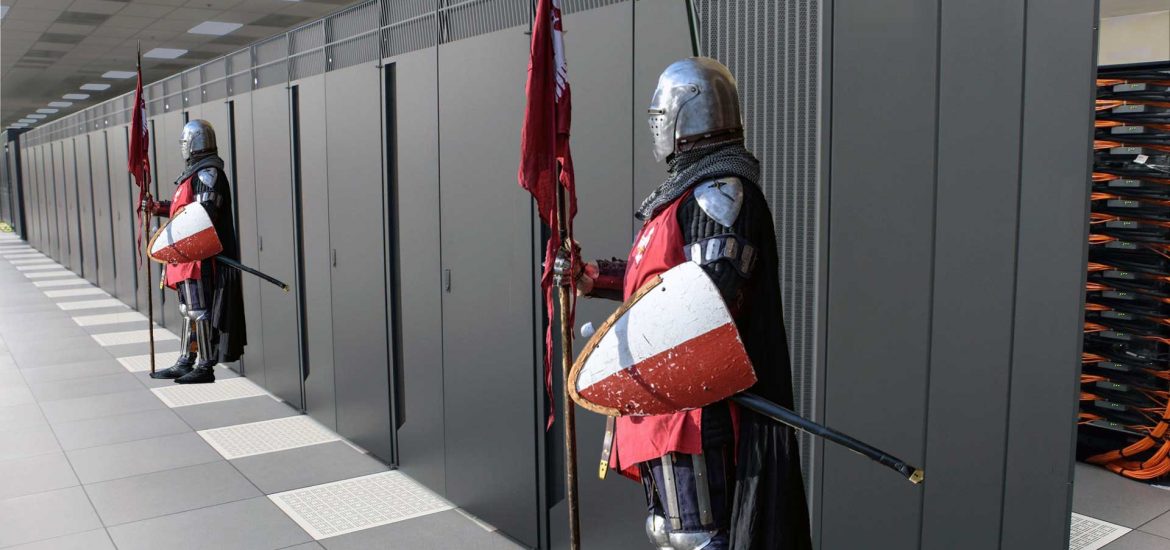Have you protected your business to deal with cyber security against various cyberattacks? It’s not enough to install a firewall and virus scanner. You need to make everyone in your company aware of the dangers and how to avoid them. And keep an eye on trends and developments, so that you can arm your business against cyberattacks.
Cyber Security Awareness Training
Most security breaches in digital business processes are data leaks, system hacks. Which are caused by what is referred to as ‘the human element’. This is a nice way to describe people leaving a usb-stick containing data on the train; clicking on links in emails from a non-trusted source or creating a password that is so easy it can be hacked within minutes.
You can partly protect your business against this by technical means, but don’t omit to invest in your employees. Make sure everyone who works for you, including yourself is aware of the dangers and pitfalls and how to prevent falling into them. Organize security awareness training, and make them compulsory. Ask your IT supplier to help you become and stay safe.
Also Learn : 13 Ways to Protect Your Business from Becoming a Cyber Attack Victim
Types of Cybercrime
The types of cybercrime against businesses most often reported are:
- Digital theft (for example identity theft through phishing, data theft)
- Extortion
- Fraud
- Cyber-attacks on websites
- Industrial espionage

Technical Precautions
You can take several technical precautions to keep your company safe from cybercrime attacks. The most common ones are installing a firewall, using up-to-date (constantly updated) anti-virus and anti-malware software. Start using two-factor authentication for accessing your business systems, and controlling your business systems from a central (IT) department.
Use protocols for installing new software. Always make sure portable data media (such as USB devices) are automatically tested for viruses and malware before they are used. Also train your employees to not use unknown USB drives or other unverified data storage mediums into your business digital network.
Learn More : How to Survive a Natural Disaster as A Business?
Not only your IT processes are vulnerable to attacks. If you use machines to produce goods, chances are these machines are hooked up to your network. This makes them vulnerable to attacks, too.

Backup for Redundancy
Back Up Your Systems and Data Regularly, Preferably in The Cloud for redundancy. Redundancy here means the duplication of data, critical components or functions of a system. used to demonstrate, the intention of increasing reliability of the system. Usually in the form of a backup or fail-safe, or to improve actual performance.
Find out how quickly you’ll be able to get the backup data back in the event of data loss or disruption. Meanwhile check what the restore process looks like. And then what kind of support you can expect to receive if you run into any issues. This will help you set expectations for the business and can help you minimize downtime.
Also Read : 5 Gadgets that will save you more time
Make Sure Data Is Encrypted
Protect your sensitive data with strong encryption before transferring it. Some storage providers may offer server-side encryption, but encrypting your data on your own might be wiser. If the data is encrypted before it is transferred, then only you can decrypt the data. Be sure that your data is encrypted before transferring to the cloud, or even to off-site storage.
Do You Know How Protected Is Your Business to Deal with Cyber Security? Comment them on Trdinoo for others to learn. Please subscribe and share us with your friends and networks.
